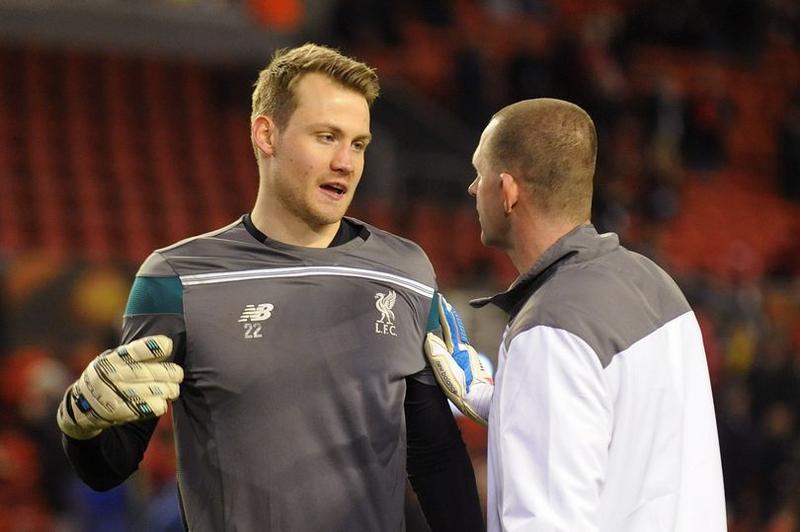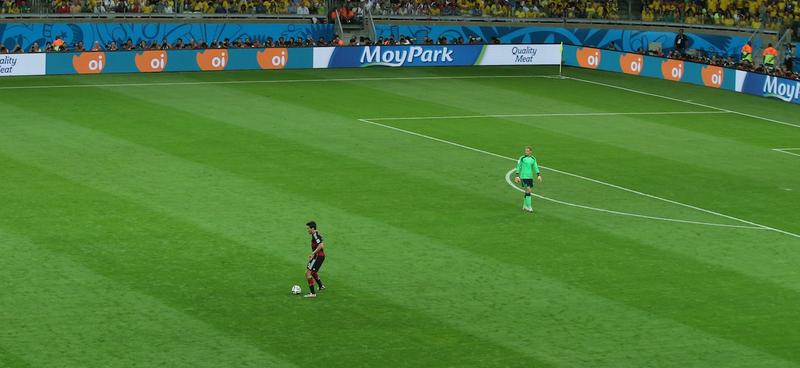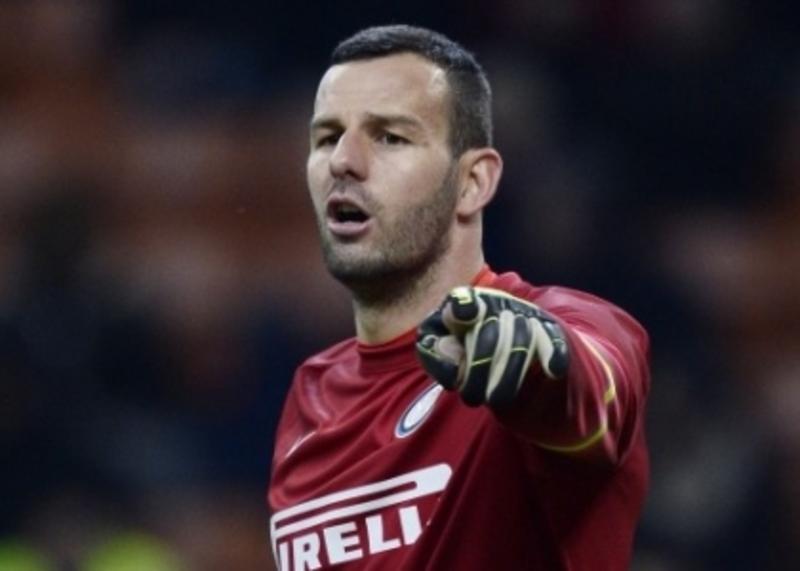FREE 3 DAY SHIPPING OVER $150. DISCOUNTED RATES BELOW $150.

- 860-904-7679
- |
- |
- |
- help
- |
- about
FREE 3 DAY SHIPPING OVER $150. DISCOUNTED RATES BELOW $150.

At Williams Sport Training in New Jersey you hear a lot about the physical nature of defending & goalkeeping. In this article you will read about the importance of communication between the goalkeeper & field players. Communication is essential to defend effectively in the game of soccer. Coordination amongst your backline limits shots on goal and makes things difficult for the opposition. Organized teams know when to pass players off and how to collectively cut down angles and passing lanes for opposing players. Open communication also keeps the goalkeeper focused in a game where they aren't seeing much of the ball and in games where there is lots of action.
You must understand as a keeper how important your role is. Your presence and attitude determines how your defenders perform as well as decisions attackers will make with regards to shooting on goal. If your backline doesn’t have confidence in you and doesn’t truly understand what you want from them they will defend hesitantly which in turn will cast doubt about you in your coach’s mind. Attackers will think twice before challenging a loose ball in your box if you give an aggressive demeanor. They will also think twice about shooting a ball from distance and instead look to pass and get closer to goal for an easier chance to score. More passes in your defensive third gives your players more time to get behind the ball.
During the course of a 90-minute match your side may dominate the opposition, however it take only one encounter to change the outcome of a dominant performance. As a keeper your attitude and mental focus for the entire match can determine the outcome of tight games. By communicating with your defenders a goalkeeper can keep the back line organized without being too high and minimize the chance of a defender keeping a player onside by being too deep. Awareness on the defensive side of the ball can win you many games. It is hard for defenders to be aware of everything happening around them for 90 minutes because they are focusing on the ball. Defenders are often positioning themselves so they can see the ball & the run of their mark. Being tactically sound is difficult; it takes experience and usually someone with a watchful eye. You must understand that being positioned to defend the man & the space behind you is a skill. A tactician is hard to come by at the youth level. Coaching staffs look to keepers to keep that watchful eye on the backline. Oppositions are always looking for gaps within the back line or a cheeky ball to play over the top. In the modern game, the speed of play changes quickly and often so defenders need help with perfect positioning to avoid getting diced by the killer ball. Goalkeepers are responsible for loose marks and free runners.
As a keeper being able to see the whole field is something that you can’t take for granted. Constantly tell your players what you want from them. Tell them what you see, even if they see it too. Your voice will serve as a checklist in your defender’s mind. This will give them confidence and look to make sure their fellow defenders are in check. Goalkeepers can always see the play develop and can direct which way a defender should push the opposition or step to the ball. Goalkeepers talking their players through the passing off of attackers will put the backline into positions where they can challenge every opportunity in and around the box. Talk to your defenders in training, just before a game, during halftime, and during stoppages in play. Keep them focused and address what you want in the future in case there is a scenario where you can’t communicate or your communication turned into a misunderstanding.
For set-pieces it is important for a goalkeeper to know everyone’s responsibilities. During training discuss the option of man marking or zonal marking. Designate responsibilities and be accountable. Know which positions his defenders are going to be taking up and which players they are marking. Know who will be on the wall. Putting someone on the post for corner kicks may save you every now and then. Communication is particularly vital at corner kicks, and vocal directions will help avoid miscommunication that leads to unorganized defending or an injury due to a collision.
Talking to your defender as he/she is getting backed down will help them understand what direction you want them forced. During a counter you may have to become a sweeper keeper. Direct your players clearly on which way to push the attack. Confidence is key here because in certain situations you may need to call upon your defender to direct the opposition towards goal in order to stop a better clear cut goal scoring opportunity. A clear opportunity in this circumstance is a square ball across the six-yard box or around the penalty area that leads to an easy tap-in. You can’t hesitate in these situations. You must communicate clearly and quickly to shun the counter. You must have trust in yourself to be able to step off your line and challenge aggressively, but also wisely.
Keepers must also understand this factor in communication: the tone of your voice. The way we communicate to our fellow teammates is important at the youth level. The way you address your players depends on the scenario. You must ask yourself:
1. What is the situation?
2. Is there a sense of urgency?
3. Who am I communicating to?
Keepers must know everyone’s personality. Goalkeepers need to be psychologists and understand the personalities of all their teammates to properly communicate with them. You should know when to be encouraging and when to be demanding. You can be both at the same time during certain scenarios, but choose wisely so as not to alienate your teammates.
After reading this article the biggest thing for keepers to take away from this is accountability. Keepers should act as surgeons to the game. Be tactically prepared for anything to happen. Keepers should have a check-list in their mind for every possible game scenario. Keepers should have a check-list for throw-ins, corners, set-pieces, penalties, and turnovers. Make sure you know what you want in training. Make sure you’re aware of opposing players who can thread dangerous passes and score from distance. Urge your players to always challenge these opponents. Avoid preventable goals and soft goal scoring opportunities with your communication. Be accountable, be a leader and the backbone of your defense.
About Mark Williams: Mark Williams has been a strength and conditioning coach for over 10 years during which time he has worked with athletes in every sport. He has worked with soccer players at all levels of the game from club to the professional level. His clientele includes Tim Howard (Goalkeeper of Manchester United and Everton FC) and Major League Soccer players, John Wolyniec and Tim Regan.
Mark Williams
Owner and President
Williams Sport Training LLC
Improve your skills



Improve your skills



Leave a comment